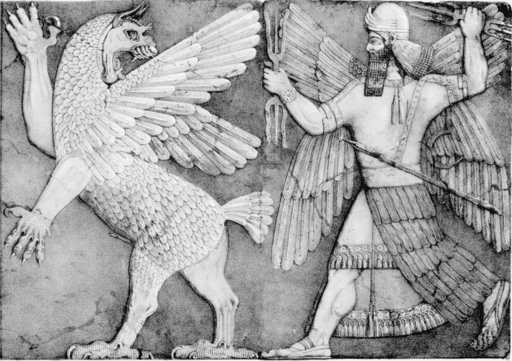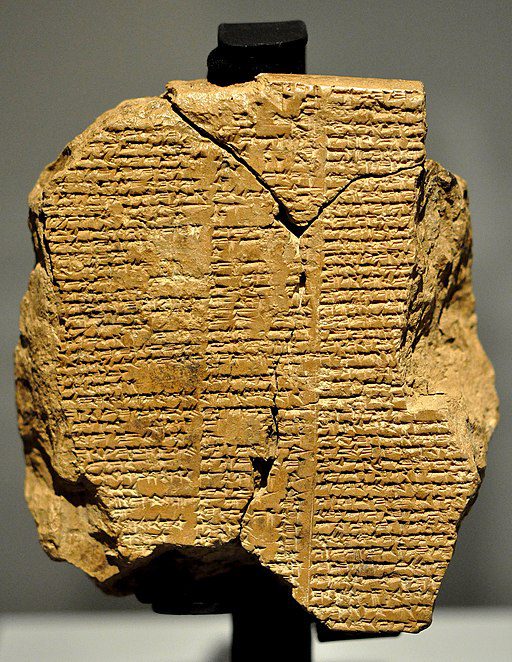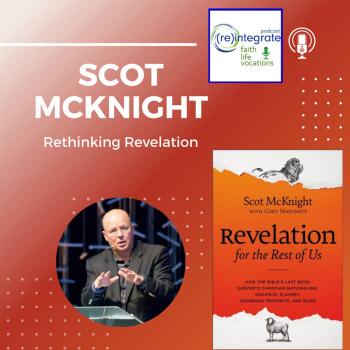7 of the Best Books I Read in 2021, Part 1
In alphabetical order, I will provide some short reviews of seven of the best books I read in 2021.
Against the Gods: The Polemical Theology of the Old Testament By John D. Currid (Crossway, 2013).
 A college student in my ministry is fascinated with ancient world history and has been peppering me with questions about how the biblical accounts mesh with the other ancient myths. This has always been an interest of mine, so I offered some of what I already knew, but I wanted to read up on it again.
A college student in my ministry is fascinated with ancient world history and has been peppering me with questions about how the biblical accounts mesh with the other ancient myths. This has always been an interest of mine, so I offered some of what I already knew, but I wanted to read up on it again.
In the past, I’ve read some on this, especially concerning the concept of the “image of God” that we see in Mesopotamia and Egypt, the best recent work being from J. Richard Middleton, The Liberating Image: The Imago Dei in Genesis 1, in which he makes the case that whereas ancient mythology was interested in vesting authority in kings by claiming they represented the local gods by being their “image,” Genesis “constitutes a genuine democratization of ancient Near Eastern royal ideology. As imago Dei, then, humanity in Genesis 1 is called to be the representative and intermediary of God’s power and blessing on earth.” (Look for a Re-integrate Podcast episode with Middleton in the near future!)
In Against the Gods, Currid looks at several key biblical accounts and makes the case that what the Bible is doing is arguing against what had been the stories already circulating at the time of Genesis being written.

For instance, the ancient Mesopotamian account Enuma Elish tells the story of creation as a cosmic battle between the chaotic gods of water led by Tiamat and the gods of order led by Marduk.
“Genesis 1 sits in stark contrast to that dark mythological polytheism. The biblical account has as its chief purpose to glorify the one Creator God who is the sole God of all reality. The water of creation (1:2) is certainly no deity, and it is not God’s foe that needs to be vanquished. It is mere putty in the hands of the creator. There is no war between Yahweh and the gods of chaos in order to bring about creation. Yahweh is sovereign, and all the elements of creation are at his beck and call.”

Another example is in the flood story in the Epic of Gilgamesh, which depicts Utnapishtim in a similar way that the Bible portrays Noah, but,
“The sovereign control exercised by Yahweh over the floodwaters is in striking contrast to the reaction of the Mesopotamian gods in the Epic of Gilgamesh:
‘The gods were frightened by the deluge,
And, shrinking back, they ascended to the heaven of Anu,
The gods cowered like dogs,
Crouched against the outer wall…,
The god’s all humbled, sit and weep.’These pagan deities are at the mercy of nature, whereas Yahweh presides over nature with full command.”
Currid looks at several other key biblical narratives and provides how they also have similarities, but more importantly differences, with the ancient stories of their neighboring cultures.
The presumption of many Christians is that Genesis was written as the original first-hand account of the events like the creation and the flood, providing an unvarnished story of what happened. When they are confronted with the fact that there were many ancient myths that parallel the Bible and actually precede the Bible, they face a crisis of faith. Is the Bible just another on a bunch of myths in the ancient world? Did the Bible merely steal from the other creation myths? Is the Bible actually true?
But the reality is that the biblical stories were most likely written during the Exodus by a guy named Moses, who was being led by the one true God, Yahweh, to explain to his people Israel something along the lines of “You have heard that it was said to the people long ago…, but Yahweh says this.”
A lot like much of the Bible, these stories have been written as polemics against the ongoing cultural perceptions, perceptions that were actually harmful to human flourishing. The stories of the other myths scratch at the true story, but it takes the revelation of Yahweh to let us know what reality really is.
God wants us to know who he is, who we are, where we are, what’s good and what’s evil, and how life is meant to be.
Links to posts in the series, “7 of the Best Books I Read in 2021:”
1. Against the Gods: The Polemical Theology of the Old Testament By John D. Currid
2. Christian Hospitality and Muslim Immigration in an Age of Fear by Matthew Kaemingk
![]() Purchase these books from independent Christian bookstore owners, Byron and Beth Borger at Hearts and Minds Bookstore
Purchase these books from independent Christian bookstore owners, Byron and Beth Borger at Hearts and Minds Bookstore













